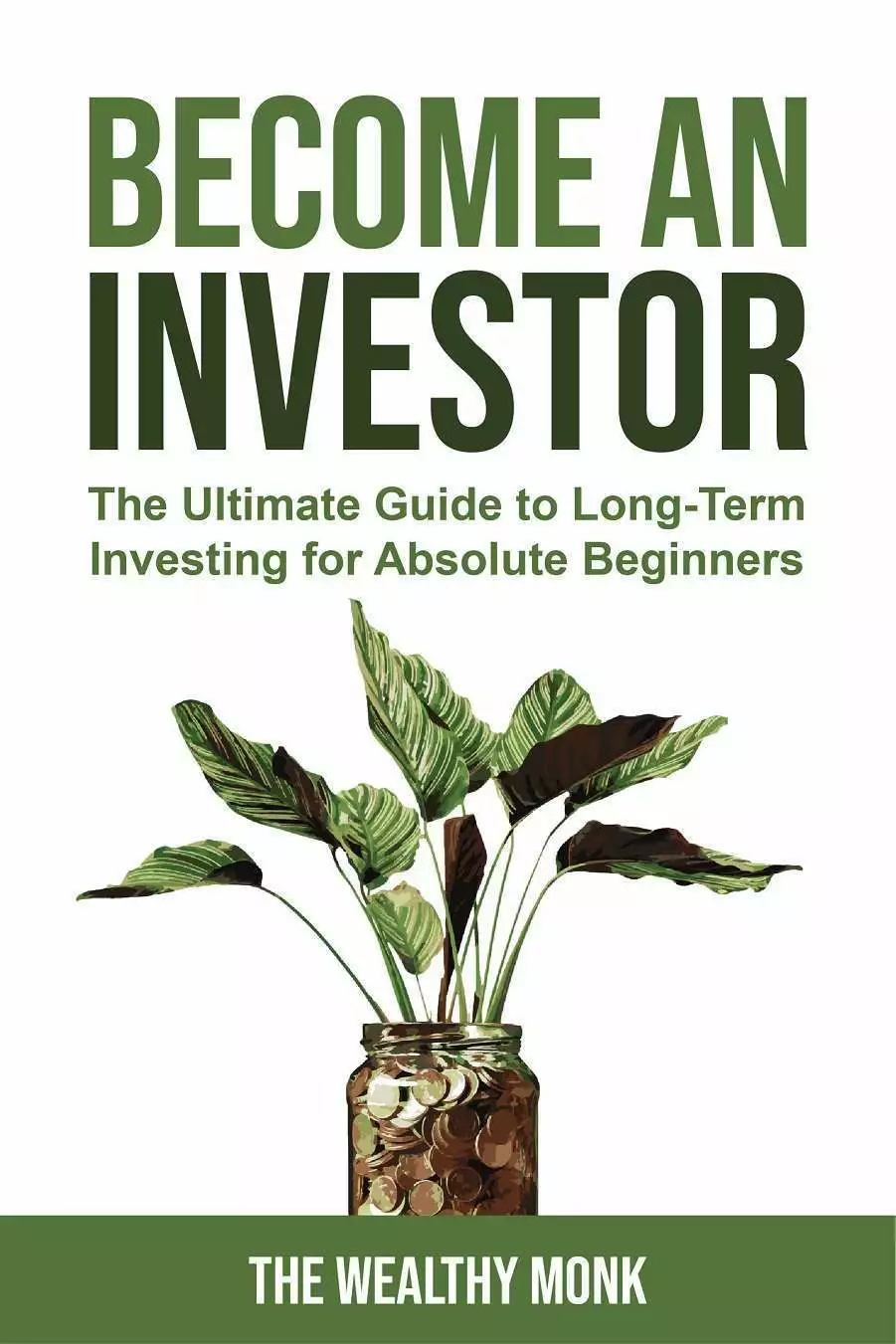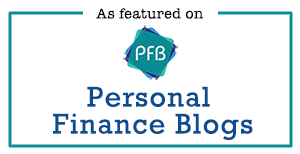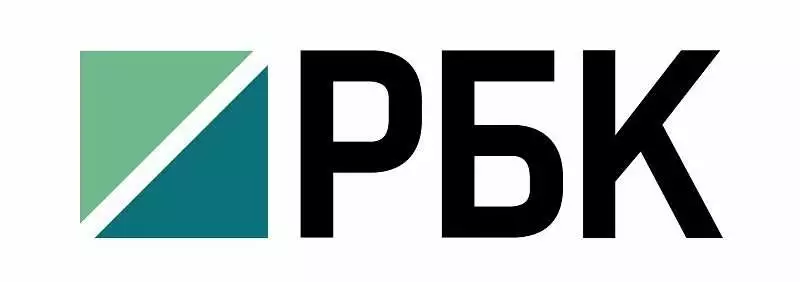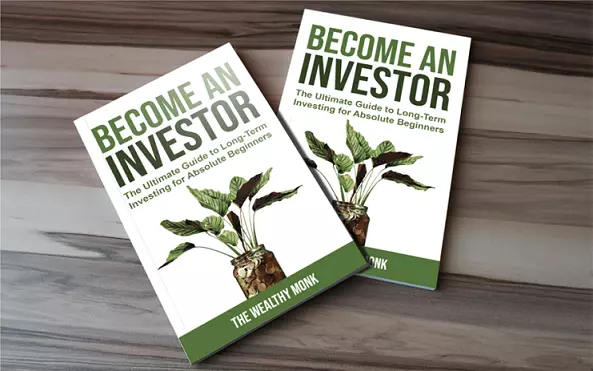
How to Get Rich? (The Blueprint)
“How to get rich?” – a question popping into the majority of peoples’ heads on daily basis.
In this post I want to give a blueprint of how to do it.
What I’ll propose it’s neither exclusive nor unique – there are many opportunities to get rich in the world. However, some people may be blinded by their immediate surroundings and develop a scarcity mindset that prevents them of seeing simply how much money there is in this world.
But don’t get me wrong… I don’t know all the secrets to financial success. I especially don’t know a fast way that sustainably works.
What I do know though is a simple formula that’s proven to work generation over generation and will share it with my readers.
Note: You won’t find any affiliate links in this post. These are the methods I use and will continue using to reach financial independence and you can decide whether to use them or not.
With that said, let’s go in the content.
Acquire Lucrative Skills or Knowledge
It all starts here, period.
And it’s quite simple. Especially when you note that:
- I’m not saying become an expert
- I’m not saying specialize in a field where talent is scarce
- I’m not saying get a PhD
- I’m also not saying “don’t do any of the above“
Any of the above is great, but the bar is way lower then you may expect.
What’s important is having knowledge or craft you can practice. Whether it’s through formal education or you’re self taught, it doesn’t matter. It also doesn’t matter if you’re inexperienced, have only basic knowledge, or still learning.
Basically, master the fundamentals. Nail them down. Be comfortable applying fundamentals in higher level abstractions and concepts.
Practically, learn what your job prospects want from you. If you’re going into certain field, research how the interviews are conducted and what level of knowledge is expected from candidates.
Bottom line, all your focus should be do make yourself employable. And it can be as easy as getting a degree in most cases.
And that leads us to:
Get a Job
After you acquired the basics of a skill set, it’s time for you to utilize them.
The game you’re playing on this level is interviews.
Networking might and might not be applicable (depending on the field you’re in, your personality type, the opportunities around, and luck), hitting it big with your own start up might not be applicable, marrying into money might not be applicable, and inheriting generational wealth might not be applicable.
What will work 100% of the time is getting employed. And the first and only step you have control over is acing the interviews.
After you’re comfortable with the basics, it’s just a numbers game. So:
- Don’t get discouraged if you bomb the first one (or few)
- Learn from the mistakes you did in the process
- Expand your knowledge and skills on the way
- Apply full-time and interview at every chance you have
It’s simple maths – if you’re being invited on 20% of the companies you apply to for a junior role, it’s in your best interest to flood the market with copies of your CV.
Don’t get stuck on motivational letters and don’t overthink it. I never wrote a cover letter, even when explicitly asked for it. For every second you’re losing on thinking about things you have no control over you’re missing out on new openings that’ll be filled with other less qualified people.
Bottom line: get a job.
Bonus points if:
- It’s scalable
- It’s in a field in high demand
- You can earn above average salary even as a junior
- You have opportunities for job changes
- You can work internationally
Don’t Go Into High-Interest Debt
I rarely talk about debt on MonkWealth because I assume people are smart and don’t overspend.
However, my mind is blown whenever I step outside the social circle I carefully chose. Overspending is the root of most practical problems – and not only for consumers but also for corporations, countries, and empires… But that’s a story for another time.
Basically, avoid credit card debt.
Avoid buying a car you don’t need with money you don’t have.
Avoid furnishing an overpriced house with more objects than necessary.
Avoid glamour. You still can’t afford it.
By the end of this post, you’ll be able to throw money at the things you crave for now. I guarantee.
The only difference is that once you can afford them, you’ll see how shallow and plain buying them is.
I won’t go into personal topics in a financial post, but make sure to have the right partner by your side. If you’re feeling pressured into spending, the earlier you end it the less opportunity cost you’ll accumulate.
Partnering with the wrong person can be unsustainably expensive, so choose with caution.
Oh, and when it comes to debt, home ownership is something that has to be addressed.
First thing’s first: mortgage for your primary residence is the only debt you’re allowed to have. Absolutely nothing else.
However, to decide if home ownership is for you or not is a separate question. And if you need assistance answering it, I’d point you to the post: Rent or Buy? Find out in 7 Steps.
While deciding, don’t forget to:
Start Saving Money
What a natural flow of events.
Whatever you didn’t spend, as advised in the previous section, will flow into your savings account automatically.
Beautiful.
Not much to say here – just make sure to spend less than you earn.
A great way to approach this is by paying yourself first – a technique where once you receive your salary, you put a percentage of it in your savings account and only then start spending the rest.
If you want to read more on saving money, read the post How to Start Saving Money.
Build an Emergency Fund
As your savings grow over time, you’ll naturally develop financial literacy and start looking for opportunities.
But pump the breaks for a second.
Make sure that you’re safe first. Don’t lose it all (or more) on a “wall-street-bet”.
Instead, do this: accumulate enough cash so you’re not forced to sacrifice your daily comfort if/when things go south.
For example, if you have the right skills you should be confident that you can find a job within two months at this stage. That means that you should be able to handle two months with no income.
If you’re still renting, you want to be prepared for your landlord deciding to kick you out at the end of the contract. So you should also be prepared for agency fees, moving costs, and paying a deposit in case you don’t get the current one back.
If you’re a home owner, you want to be prepared for emergencies that are not insured. Any type of help from a handyman, plumber, electrician, etc.
You need to have sufficient funds to handle everything that could go wrong with ease – without turning to friends, family, or banks for financial assistance.
And how do you do this? Well, you just continue saving and establish an emergency fund – a fund for unforeseen scenarios.
And how big should it be? Well, that depends on your situation – where you live, how much you spend, how high is your income, etc. As a nice round number, I’d say 3-6 months of expenses should be sufficient. I’m safe for years at this moment, but that’s just me.
This should be the amount of money that will allow you to lay down after a long day and the concerns in your head won’t be of financial nature.
Cost Average Into a Long-Term Portfolio
Once your emergency fund is set up, it’s time to start balancing how much you work for your money and how much it works for you.
But maybe you didn’t become a trader. Maybe you never went into finance. You don’t even know how to value businesses…
So what do you do?
First, don’t worry, I got you.
Start by overcoming investment fear. Educate yourself on stocks and bonds, diversification, and understand index investing.
If you need help, check out The Absolute Guide to Long-Term Investing for Absolute Beginners. Everything you need to know is covered inside.
At the end, build a portfolio of 1 to 5 funds that requires little to no effort maintaining.
And from here on, it’s just DCA and chill – invest the same amount of money into a diversified portfolio every month and watch your wealth grow and compound over time.
Don’t be scared of declines.
Just keep putting money in.
Learn to accept that some months will suck and you’ll feel not-so-good about it, but keep your focus on the long run. Because regardless of the short-term risks and day to day volatility, the ultimate direction of the market is up.
Don’t time it, don’t beat it – match it.
Become an Investor and enjoy building wealth the right way.
Enjoy!
Yup, that’s it.
It will take a while from here, so just let your money grow on autopilot while you focus on things that are important to you in life.
So here’s a list of things you can try to do:
- Travel
- Take risks with 1-10% of your net-worth
- Learn things that excite you every year
- Always be intellectually stimulated
- Take care of your body
- Take care of your mind
- Express yourself
- Enjoy life
Use all these things to compensate for the unfulfillment of not running your own business and not becoming millionaire by 25.
For the success you could have reached, but we could’ve never known in advance.
One thing’s for certain though – the world does look different when a liquid net worth of six digits is there to support every decision you may make.
And if you want to take a risk and try things out after a few years, you’ll have no fear of failure – because you’re a wealthy individual with lucrative skills that can land himself a job if things don’t go his way.
And if you don’t want to try something new, don’t worry. Just follow the blueprint and you’ll be a millionaire over the years.
So why isn’t everyone rich then?
Well, I’m quite sure that they fail at at least one of the steps I gave here.
But you won’t. You found the blueprint – the real life cheat code of building long-term wealth.
Enjoy the process.




















No Comments